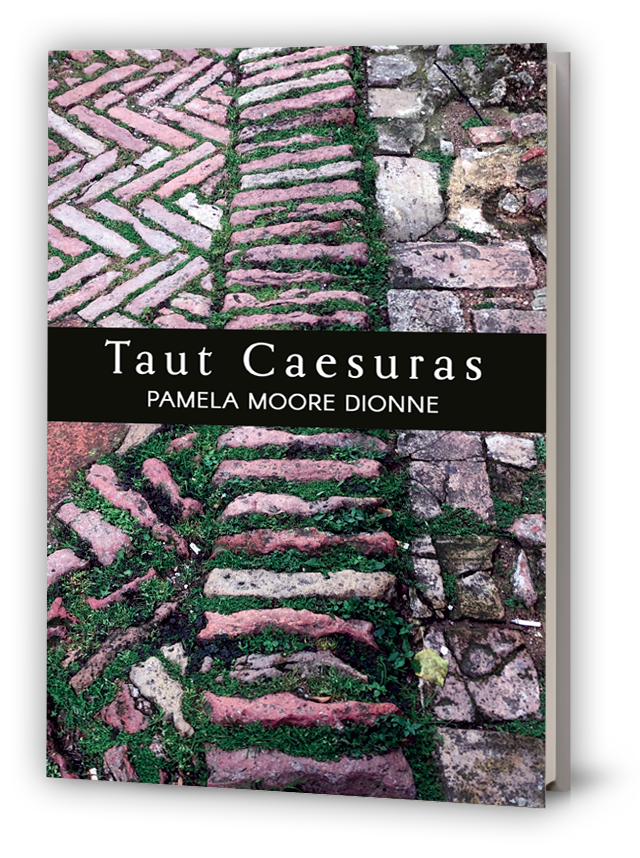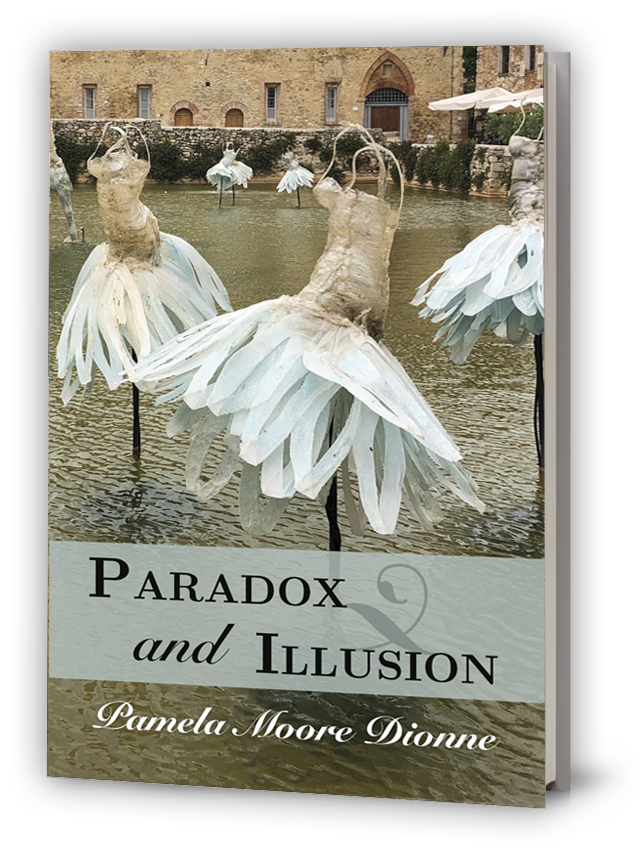Admiration, Envy and Resentment in Viet Thanh Nguyen’s Short Story, “Fatherland”
Viet Thanh Nguyen gives us entry into complex family dynamics when he opens the short story “Fatherland” with the statement, “It was a most peculiar thing to do. Everyone said so who heard the story, of how Phuong’s father had named his second set of children after his first.” This rumination leads immediately into the second born Phuong’s envious declaration that “her father’s other children were much more blessed.” In this single phrase you have an inkling of Phuong’s envy and resentment even though it is veiled in admiration. This is the inner conflict that gives us a tension strong enough to carry the story forward. The statement is delivered as an oblique observation that hints at the emotion behind it. Nguyen approaches the internal landscape of his characters in Fatherland via external physical action, reaction and observation. It is this approach that allows the necessary subtlety to affect readers without becoming cloyingly sentimental.
Based on letters and photos of the first Phuong sent home by the first Mrs. Ly we learn several things. Phuong number one is taller, fairer skinned, wears better clothes, has a better education and, thanks to a practice in pediatrics, is independent. Basically she’s everything that makes Phuong number two feel less worthy than the first. This is further reinforced by the fact that though the second daughter is intelligent enough to earn a degree in biology she works as a mere hostess in a restaurant. So Phuong number two has not been strong enough to break free of a sense of unworthiness in contrast with her sister. The reason for her poor sense of self comes directly from her father and becomes clear as we read, “He often compared Phuong to her absent namesake, which had cultivated both a sense of yearning for this sister and some undeniable jealousy.” (5) This statement shows that our point of view character has some self-awareness that may serve her later.
Nguyen further reveals how Mr. Ly values his first daughter over the second when stating that there are photos of only the first young woman. They are laminated, protected, even kept close at hand. By this readers are free to assume a few things. Since no photos of the second Phuong are mentioned, we assume there are none. Though Mr. Ly does take a photo as the sisters exit a Ferris wheel ride, Phuong two is cut out of the frame leaving only her older sister. The second daughter is a nonentity as far as her father is concerned and so Phuong two’s envy and resentment of both her sister and her father is believable. This remains at a subtext level until late in the story. The tension underlying the narrative at this point is not made entirely clear but we learn that the little sister has a secret. Phuong number one represents possibility for the younger woman. If given the same opportunities, could the less fortunate sibling accomplish just as much as her sister? There’s a kind of hopeful fantasy going on here that keeps the second sister from truly embracing her resentments. They remain at a slight remove.
Envy is born of admiration in this story though we find later that the first family’s success is a sham invented by the ex wife. The things that have produced the second born daughter’s yearning are for the most part unreal. However, her father’s apparent preference for the version of Phuong now going by the name Vivien seems quite real and is later reinforced.
There is some evidence that Phuong’s view of her father is already complicated when she observes him with pity but without respect. While the first family’s apparent success is not entirely true, they seem to have done well enough in their new homeland for the oldest daughter to travel. In contrast, the second family remaining in Vietnam has struggled through re-education camp and poverty. At one point Vivien acknowledges that she spent money on Phuong and her family because they have, “never been anywhere.” This indicates that Vivien has been more fortunate.
The most telling indicator of Phuong’s changing emotional landscape occurs after Vivien has left. By this time Phuong knows that her sister is not a doctor and that the first wife has been lying in her letters. Vivien sends a letter and photos back to her father and the second family. Through Phuong’s inner observations we see a new cynicism. We get glimpses of several passages in the letter that she feels show her sister’s hypocrisy. When Mr. Ly tells her to take the photos and have them laminated for an album she speaks from her truth for the first time, “What for?” Her father’s shock lets us know that this is not the norm he expects.
When a photo is taken of both sisters at the end of the visit, Phuong is finally present in the frame. She stands unsmiling beside her apparently happy sister in an ao dai that she was forced to wear. Here is where the movement from innocence to awareness is clear and where the possibility for freedom begins. When she finally burns the photos of her sister’s trip she is burning the illusions with which she masked her hope and envy. She has fully embraced her resentment.


